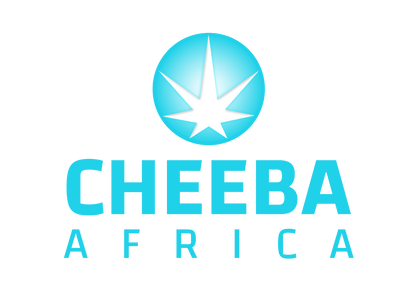Everything you need to know about CBD Oil in South Africa
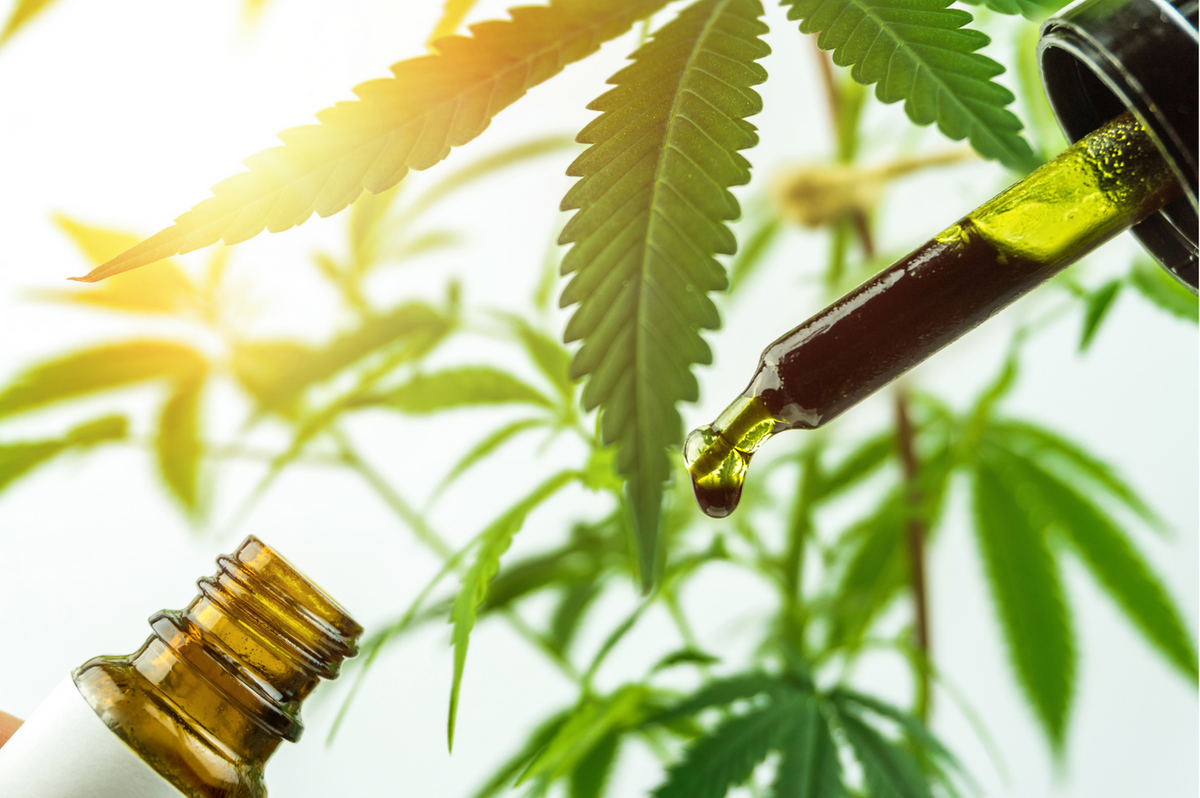
There’s understandably a fair amount of confusion around buying CBD oil in South Africa. You may have questions about the Cannabis plant itself, the difference between THC and CBD, medical Cannabis oil, CBD effects, how to find the right CBD hemp oil for you, the types of CBD hemp oil available, and whether Cannabis oil is legal in South Africa or not.
As they say, knowledge is power. At Cheeba Africa we’d like to shed a little light on the topic of CBD oil, so we’ve compiled a complete guide of Everything You Need to Know About CBD Oil in South Africa.
If you like to jump ahead to any sections, simply click below:
The importance of medical Cannabis oil
A crash course on Cannabis
THC versus CBD: what’s the difference?
A Guide to CBD Effects
Finding the right CBD hemp oil for you
Types of CBD hemp oil available in South Africa
Is Cannabis oil legal in South Africa?
One of the most common questions you may want answers to is - what’s the fuss? Why would anyone want to use medical Cannabis oil?
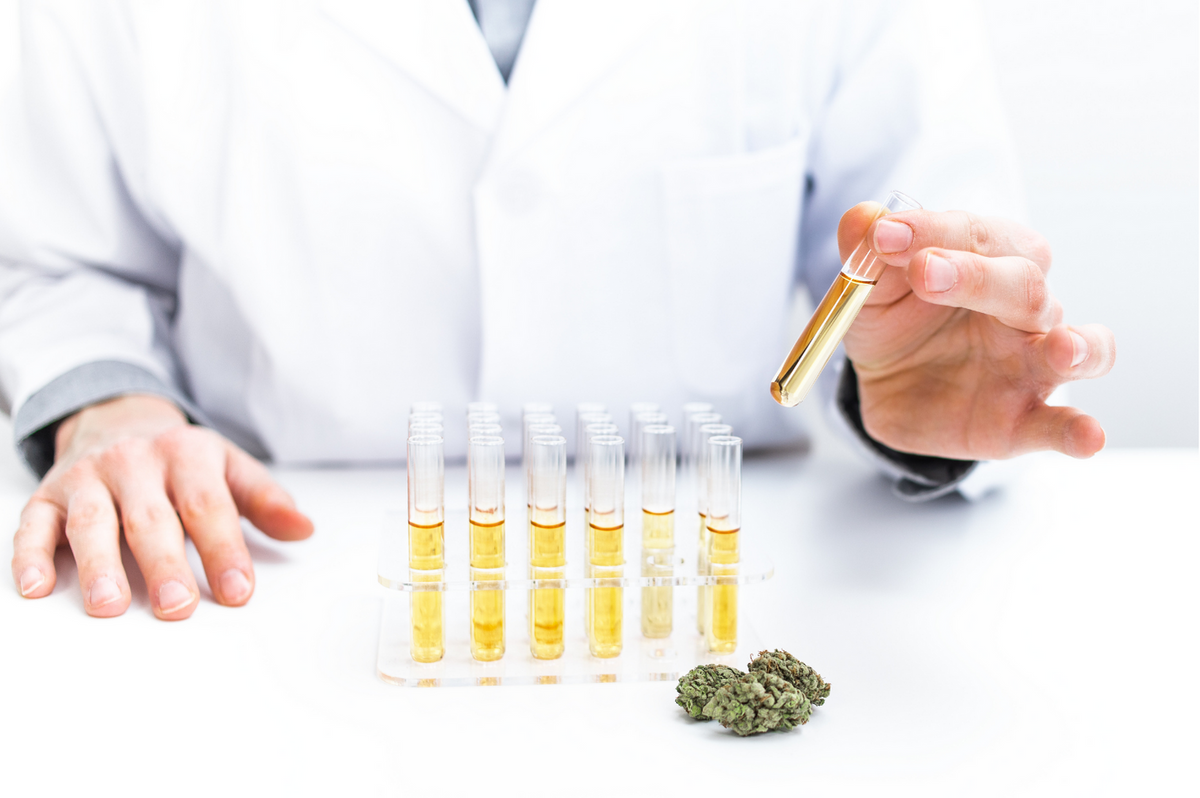
The importance of medical Cannabis oil
Medical Cannabis oil contains cannabinoids (perhaps the most well-known cannabinoids are tetrahydrocannabinol [THC] and cannabidiol [CBD]). These active compounds are very similar to your body’s own natural compounds which are called endocannabinoids. They control appetite, movement, memory, and pain among many other physiological functions. Cannabinoids are able to influence your endocannabinoid system and can provide relief to a number of different ailments. Medical Cannabis oil could help you in a number of ways:
● Relieves pain
● Reduces nausea
● Eases migraines
● Reduces anxiety
● Reduces depression
● Is anti-inflammatory
● Increases appetite (THC-containing products)
● Anti-tumour effects (with certain types of cancer)
● Variety of other conditions
While THC and CBD assist with many of the same ailments, some are better suited to one cannabinoid over the other. As an example, CBD-specific products have been known to decrease seizures, help psychosis, and help with conditions such as arthritis, Crohn’s disease, diabetes, addiction, and multiple sclerosis. CBD has also shown to have anti-tumour effects in animal studies.
While this list is by no means exhaustive, it does give you an idea of the variety of conditions that medical Cannabis oil is believed to help with. If you are considering making medical Cannabis oil a part of your wellness routine, then you’ll want to know more about the Cannabis plant itself.
Let’s dive in.
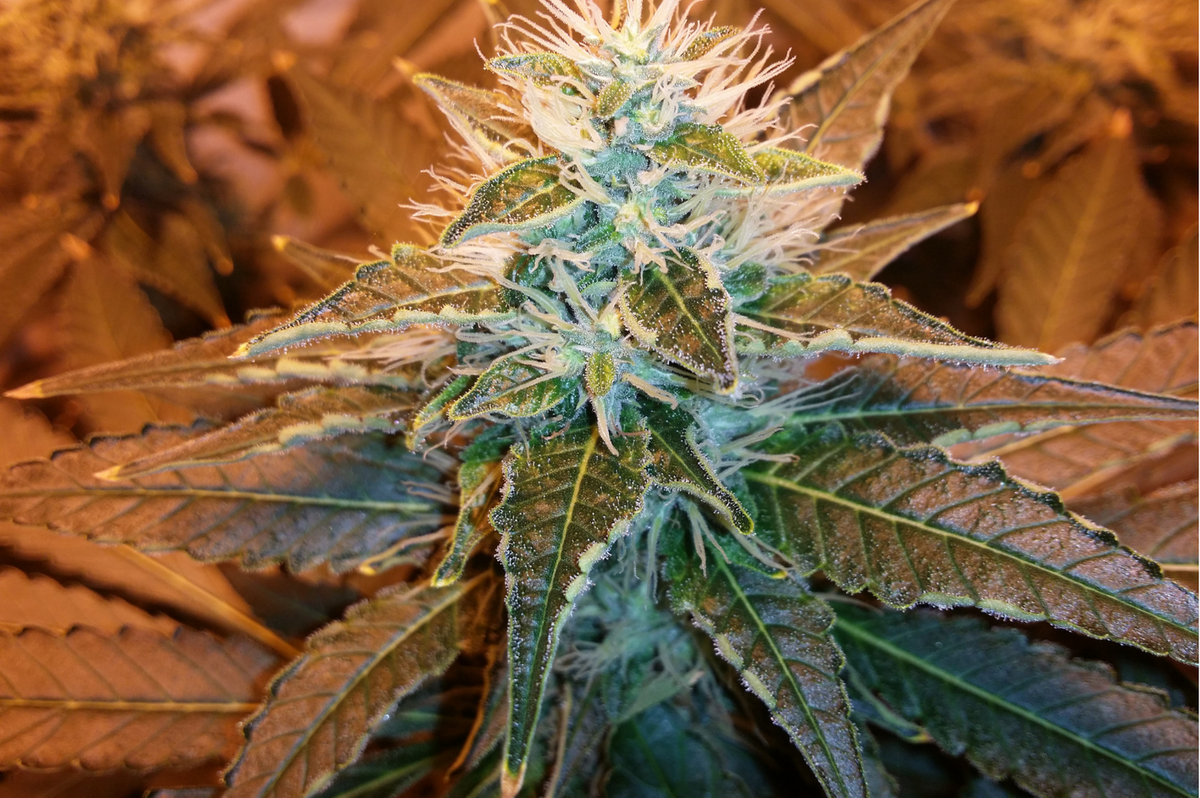
A Crash Course on Cannabis
The use of the Cannabis plant for medicinal and industrial purposes goes back many thousands of years and there is evidence of this from the ancient civilizations of China, Netherlands, Egypt, India, and Greece.
Cannabis contains active compounds called cannabinoids, the most well-known of which are THC and CBD.
The amount of THC or CBD in any given Cannabis plant will determine whether it is referred to as hemp (less than 0,2% THC in South Africa) or Cannabis (more than 0,2% THC in South Africa).
In other words, Cannabis has a higher concentration of THC and hemp has a lower concentration of THC.
Hemp and Cannabis are in fact the same species, and besides the quantities of THC found in a plant, the only difference between hemp and Cannabis is their legality and the use they are grown for.
Hemp (low in THC and generally higher in CBD) is usually grown for industrial purposes and is becoming increasingly popular as a source of CBD for CBD products.
Cannabis grown for medicinal and recreational purposes contains higher concentrations of THC and lower concentrations of CBD. We’ll go into greater depth on the legality of growing Cannabis in South Africa later in this guide.
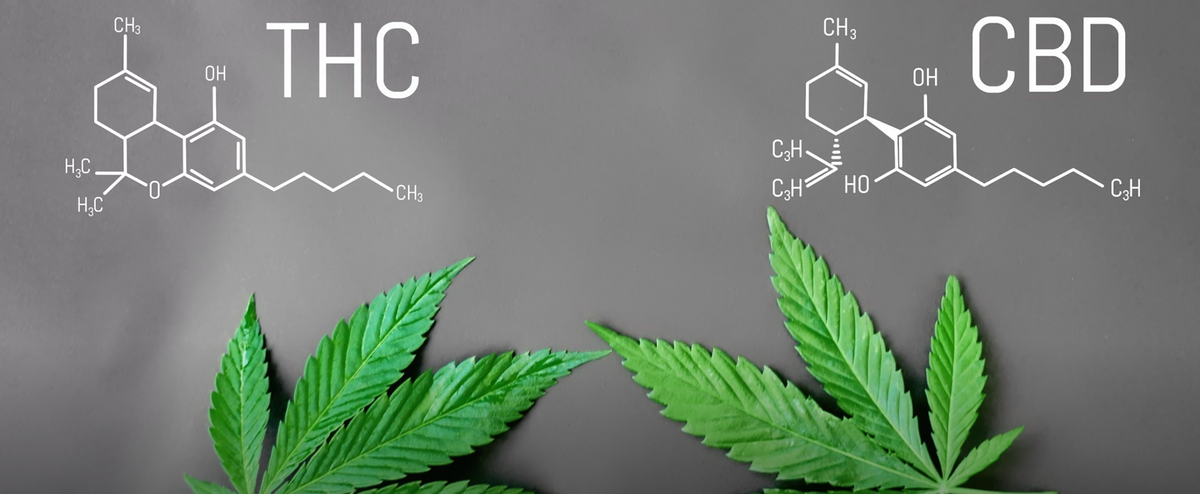
THC versus CBD: What’s the difference?
What’s the difference between THC and CBD you may ask?
CBD and THC are compounds that interact with your body’s endocannabinoid system, and although they have the same molecular structure, the way the atoms are arranged is different and this causes them to have very different effects.
The key difference between them is that CBD is non-psychoactive, while THC is psychoactive. THC produces a ‘high’ sensation, while CBD does not.
A Guide to CBD Effects
Even in large doses, CBD has been shown to be very well tolerated.
A major plus for many is that CBD effects are not psychoactive and CBD products can be taken without the worry of getting ‘high’ like you would from taking THC.
It forms part of many people’s daily wellness routine.
Noted side effects are minimal (if any) and have included diarrhea, changes in appetite/weight, and fatigue.
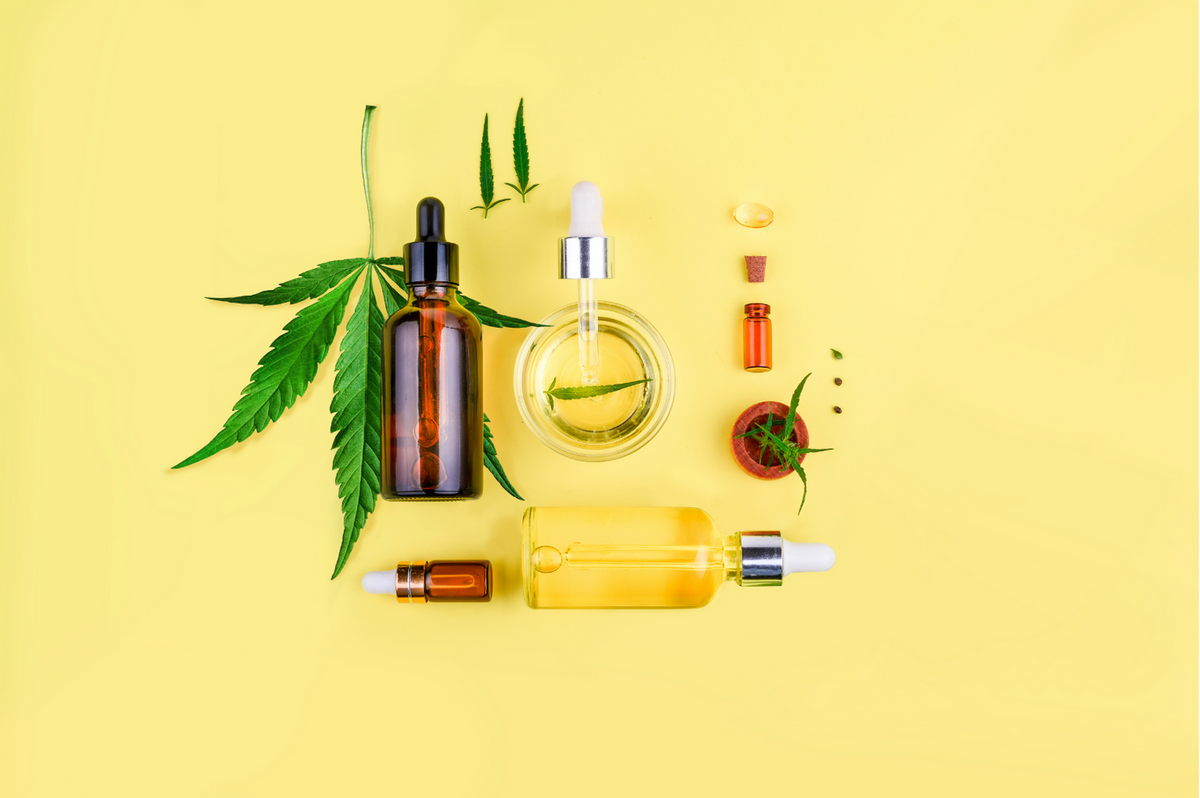
Finding the right CBD hemp oil for you
Not all CBD hemp oils are created equal.
Extracted from both the flowers and leaves of hemp plants, CBD hemp oil in South Africa is often made from industrial hemp. Grown for its fibres, this is not the best source of CBD hemp oil.
At Cheeba Africa our premium CBD hemp oil products come only from a CBD-rich strain called PCR hemp. Short for phytocannabinoid-rich, PCR hemp has as much as 10 times the concentration of CBD when compared to industrial hemp.
Not only does it not cause the ‘high’ sensation that you would get from THC, the oil from PCR hemp is packed full of other great compounds. Apart from high concentrations of CBD, PCR hemp oils also contain high concentrations of other cannabinoids, terpenes, flavonoids, and other beneficial compounds.
Terpenes are the aromatic molecules, like essential oils, of Cannabis (and other plants).
A CBD hemp oil that is the most similar to the plant in its natural state also contains a balance of more beneficial compounds. In other words, a better CBD product is created when the distillation process extracts all of the beneficial compounds (like other cannabinoids, terpenes, flavonoids, and fatty acids) as well as CBD.
CBD hemp oils that contain the natural balance of compounds from the whole plant are known as full-spectrum oils.
When choosing a CBD oil in South Africa for yourself or a loved one, it is very important to first understand the different CBD oils. They are:
1. Full-spectrum
2. Broad-spectrum
3. Isolate
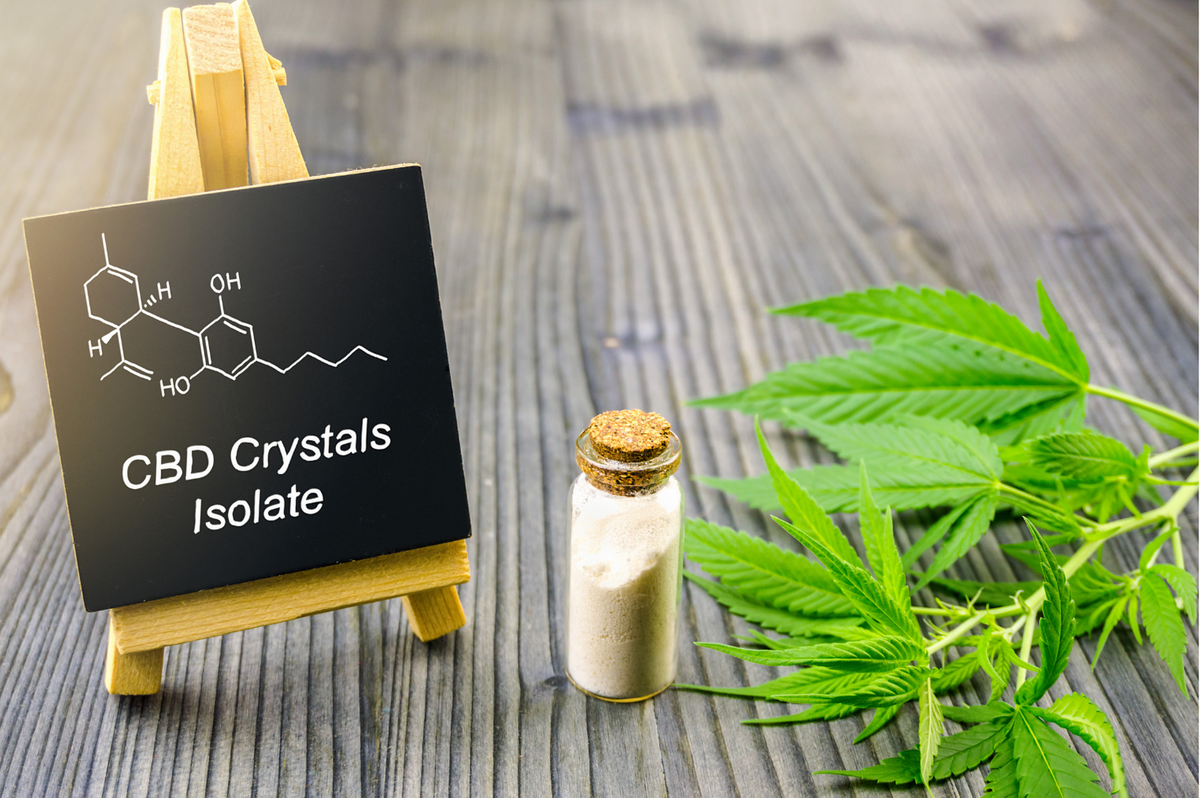
Types of CBD hemp oil available in South Africa
As with most things in life, there are differences in quality when it comes to the types of CBD hemp oils available in South Africa.
When you’re taking a product to benefit your mental or physical well-being, it’s important to make sure the product is of the highest quality. Sometimes these products may seem more expensive, however, higher concentrations and quality of CBD oils often mean you can take a lower dose.
Not all CBD products have been created equal. This is because of the source of the oil (such as PCR or industrial hemp) as well as the extraction process itself.
When crude hemp oil is extracted it contains a variety of different compounds (like terpenes and fatty acids), which are found in the whole plant. These compounds work in synergy with cannabinoids like CBD, to benefit you both physically and mentally.
The more processing the crude oil undergoes, the more components are removed.
Some of these components, like chlorophyll, are undesirable, while others, like terpenes and cannabinoids, are in fact beneficial for your wellbeing.
Full-spectrum, broad-spectrum and isolate are so-called because of how the CBD hemp oil is extracted from the plant. Understanding these differences will help you understand which CBD oils are more beneficial for your health.
1. Full-Spectrum CBD Hemp Oil
Full-spectrum CBD hemp oil – it’s all in the name. This type of CBD hemp oil has a full and complete profile of cannabinoids and terpenes in relation to the original plant material.
As an example, crude PCR hemp oil contains cannabinoid compounds, including CBD and THC, as well as those beneficial terpenes.
Full-spectrum hemp CBD oil maintains the natural balance of cannabinoids and terpenes found in the original hemp plant material, including the naturally occurring, albeit usually low amount of, THC. This is why it is referred to as “full-spectrum”.
2. Broad-Spectrum CBD Hemp Oil
The new kid on the block, broad-spectrum CBD hemp oil is comparatively as effective as full-spectrum. The only difference? All trace amounts of THC have been removed through a process known as chromatography – this involves taking a full-spectrum oil and removing only the THC.
As in the rest of the world, broad-spectrum CBD hemp oils available in South Africa retain all of the original concentrations of cannabinoids and terpenes, with all the benefits of full-spectrum oils, and only the trace amounts of THC extracted.
This means there is no trace of THC in these CBD products. Cheeba Africa is proud to supply premium broad-spectrum products.
3. CBD Isolate
The last type of CBD hemp oil found in South Africa is CBD isolate.
CBD isolate is the purest form of CBD and is also the most distilled. This makes it the furthest from the crude oil of the whole plant with its natural balance of compounds.
CBD isolate is created by distilling the hemp extract and capturing the cannabidiol molecule essentially boiling away any of the other compounds.
At room temperature, CBD isolate is a colourless and odourless, solid crystal and is useful as an additive in CBD edibles (like gummies), beverages, tinctures, and capsules.
CBD isolate is the least effective form of CBD when compared to full and broad-spectrum due to the lack of other compounds.
Something to consider:
While the full and broad-spectrum CBD hemp oils in South Africa may be more expensive, they work at lower doses and have much broader therapeutic uses than the CBD isolate. CBD isolate needs much higher doses to be effective.
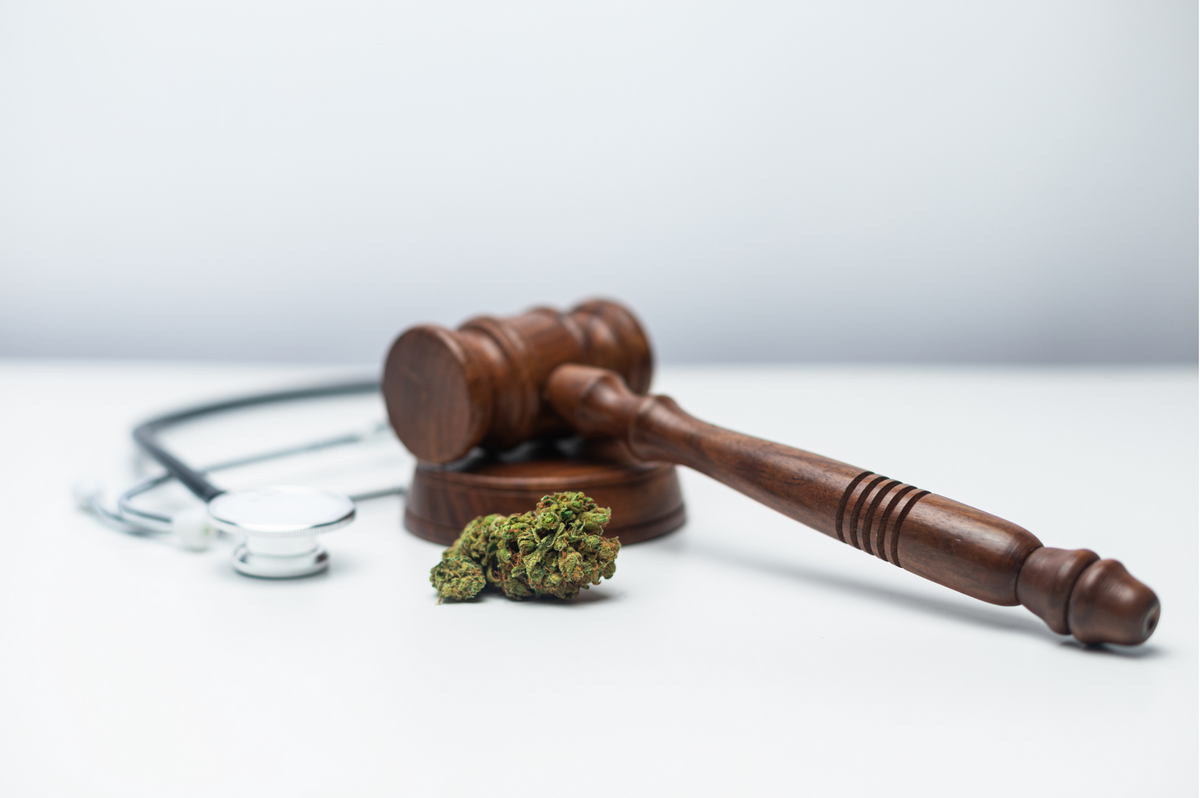
Is Cannabis oil legal in South Africa?
Many people are worried about the legality of using Cannabis oil in South Africa.
In fact, South Africa became one of the most lenient countries in the world in terms of Cannabis use back in 2018 when the personal and private use, possession, and cultivation of Cannabis was decriminalised by the Constitutional Court of South Africa.
There have been many changes since and the situation is continuously developing.
In May 2019, CBD was down scheduled to a Schedule 4 substance (new therapeutic substances needing a prescription) and CBD-containing products were wholly descheduled by an exemption notice.
Agricultural hemp as raw Cannabis plant material continued to be Schedule 7 (this applies to substances such as heroin which aren't recognised for medicinal use apart from scientific study and have a very high risk of dependence and abuse).
Then in May 2020, South Africa’s health minister published Notice R586 in the Government Gazette 43347.
This notice:
● Confirms CBD’s status as Schedule 4 substance
● Descheduled CBD products
● Also moved the Cannabis plant from the Schedules to the Medicines Act.
●Downschedules THC to a Schedule 6 substance (meaning moderately to highly addictive, now scheduled alongside narcotics and pain killers).
● And completely deschedules THC when:
- Found in raw and processed plant material (like hemp) when intended for industrial purposes, containing less than 0,2% THC.
- Contained in processed products made from Cannabis containing at most 0,001% THC (this was later increased to 0,0075%)
- Raw plant material is grown, possessed, and consumed by an adult, in private for personal consumption.
Importantly, the notice recognises Cannabis as having medicinal and psychoactive compounds and regulates its commercialisation and consumption by medicines and criminal laws. Most interestingly, it liberates Cannabis (hemp) as a raw agricultural commodity with industrial applications. (In other words, as long as Cannabis has a low THC level and is not for human or animal consumption, then it does not need to be treated as a medical substance.)
What this means for you, the consumer, is that the personal and private cultivation, possession, and consumption of Cannabis by an adult has been descheduled. However it is still unclear as to how many plants one can cultivate at any given time. We are still waiting with baited breath to see what the review of the ‘Cannabis for Private Purposes’ draft bill will bring.
For CBD hemp oil products in South Africa, the notice retains CBD in Schedule 4 as a therapeutic substance, except specific CBD containing products which are descheduled.
These include:
● Complementary medicines containing no more than 600mg CBD per sales pack (with a max daily dose of 20mg) and with restraints on medical claims.
● Processed products created from raw Cannabis plant material intended for ingestion containing no more than 0,0075% CBD where only the naturally occurring quantity of cannabinoids found in the source material is found in the product.
The products containing CBD that the notice retains as Schedule 4 or THC in Schedule 6 need to be sold by pharmacists or prescribed by your doctor.
Would you like to know more? Africa’s leading Cannabis educator, Cheeba Academy launched in May 2020. We offer courses for those new to the Cannabis industry, those looking to improve their existing skills, or those who are curious to learn more about the medicinal benefits of Cannabis. Why not register your interest now?
The above information has not been evaluated by SHAPRA, the South African Health Products Regulatory Authority, and our products are not intended to diagnose, treat, cure or prevent any disease.
This Guide to CBD contains information that will help you make educated decisions about why and how to use CBD oil. It is not intended to provide medical advice.
